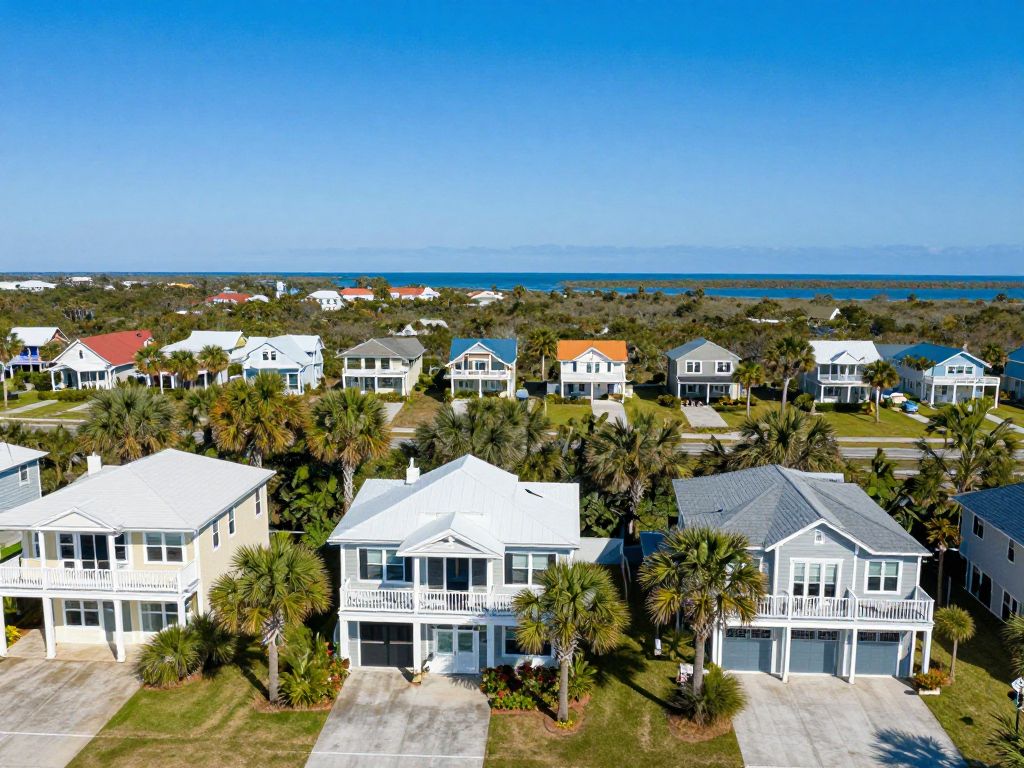News Summary
In a controversial move, the Trump administration has issued an executive order supporting Afrikaner claims of racial discrimination in South Africa, allowing them to seek refuge in the U.S. The order coincides with a freeze on U.S. aid to South Africa and has sparked mixed reactions amid ongoing discussions about socio-economic disparities and historical contexts. The South African government disagrees with the characterization of Afrikaners as victims, calling the claims misinformation and emphasizing their economic privileges.
Trump Administration Backs Afrikaners, Offers Refugee Status
In a surprising move that stirred quite the conversation, the Trump administration has issued an executive order backing the claims of Afrikaners, who argue they are suffering from **_unjust racial discrimination_** in their home country of South Africa. With this new directive, the door has opened for Afrikaners to seek refuge in the United States.
The Executive Order Explained
This executive order not only supports the claims of Afrikaners but also comes hand-in-hand with a freeze on all U.S. aid to South Africa. This decision has been met with mixed reactions, especially given the complex history and socio-economic realities of the country.
To put it simply, Afrikaners are an ethnic group that descends primarily from European colonizers, predominantly the Dutch, who settled in South Africa over three centuries ago. In recent decades, some Afrikaners have begun to voice their concerns over the post-apartheid policies that they claim have turned them into victims, facing threats such as **_mass killings_** and **_land grabs_** by the current Black-led government.
A Claim Under Scrutiny
While these claims of victimization could tug at the heartstrings, many experts and critics have pushed back, deeming them as **_false or exaggerated_**. This narrative has gained momentum, particularly online, which adds layers to an already heated discussion.
On the other side of the world, the South African government expressed its disappointment. Officials highlighted that a staggering **_90% of the population_** aligns with groups that have faced historical persecution during the dark days of apartheid. Although violent incidents involving white farmers have sparked significant media attention, police reports indicate these are just a tiny fraction of overall homicides, suggesting a more complex societal issue.
Socio-Economic Context
In 2021, findings from the South Africa Human Rights Commission painted a stark picture: only **_1% of white individuals_** lived in poverty, contrasting sharply with **_64% of Black South Africans_** in the same situation. This stark disparity begs the question of whether the claims of Afrikaners truly reflect the broader socio-economic dynamics at play in a multi-racial, democratic South Africa.
Reactions from South Africa
A Divided Opinion
The emotional core of this issue continues to resonate with many, including some prominent figures feeling disenfranchised in a post-apartheid landscape. Support seems to be growing for Trump’s assertions, further escalating the conversation. Critics, however, caution against focusing solely on the challenges faced by Afrikaners, arguing that doing so might overlook the broader mishaps and inequalities that still plague South African society.
In Conclusion
As the dialogue continues to unfold, it is clear that the narrative surrounding Afrikaners, their place in South Africa, and the implications of the Trump administration’s executive order will not settle quietly. The conversation is vibrant, nuanced, and sure to stay in the spotlight, challenging all involved to dig deeper into the truths and myths of post-apartheid South Africa.
Deeper Dive: News & Info About This Topic
- The New York Times
- AP News
- The Guardian
- Encyclopedia Britannica: Afrikaners
- Google Search: Trump South Africa

Author: STAFF HERE HILTON HEAD
The HILTON HEAD STAFF WRITER represents the experienced team at HEREHiltonHead.com, your go-to source for actionable local news and information in Hilton Head Island, Beaufort County, and beyond. Specializing in "news you can use," we cover essential topics like product reviews for personal and business needs, local business directories, politics, real estate trends, neighborhood insights, and state news affecting the area—with deep expertise drawn from years of dedicated reporting and strong community input, including local press releases and business updates. We deliver top reporting on high-value events such as the RBC Heritage golf tournament, Hilton Head Island Wine & Food Festival, and the Gullah Celebration. Our coverage extends to key organizations like the Hilton Head Island-Bluffton Chamber of Commerce and Community Foundation of the Lowcountry, plus leading businesses in tourism and hospitality that power the local economy such as Sea Pines Resort and Sonesta Resort Hilton Head Island. As part of the broader HERE network, including HEREAiken.com, HEREBeaufort.com, HEREChapin.com, HERECharleston.com, HEREClinton.com, HEREColumbia.com, HEREGeorgetown.com, HEREGreenwood.com, HEREGreenville.com, HEREHiltonHead.com, HEREIrmo.com, HEREMyrtleBeach.com, HERENewberry.com, HERERockHill.com, and HERESpartanburg.com, we provide comprehensive, credible insights into South Carolina's dynamic landscape.





